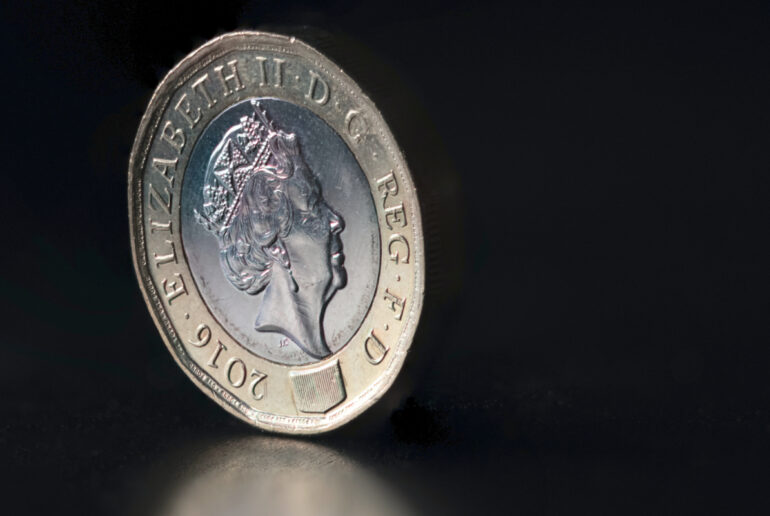Some thoughts on ‘Truss-enomics’

Put two economists in a room and get three opinions. If all the economists in the world were laid end to end they still wouldn’t reach a conclusion. Just a couple of the things that people say about economists. It’s fair to say that as a profession we do not have the reputation of speaking with one voice or having a consensus about the economy and how it works and should develop.
The condemnation of Truss-enomics
However, in 49 days as UK Prime Minister, Liz Truss managed to do something the economics profession arguably hasn’t seen for centuries – we almost all spoke with one voice – and that was a near universal condemnation of ‘Truss-enomics’.
It’s actually quite hard to write anything on why Truss-enomics doesn’t work that’s original and hasn’t been said before. But let’s leave aside that there is a relationship between demand and inflation, or that when you stoke inflation in the UK it’s the Bank Of England’s job to snuff it out, cancelling the effects of the policy, or that it was all predicated on money we didn’t have and arguably couldn’t afford to borrow.
Trickle down – the multiplier effect
Let’s look at a key plank – boosting the economy via trickle down effects. The idea was that tax cuts for the rich would trigger growth, generate jobs and benefit the poor. Even in schools we teach the idea of multiplier effects. So if I gave you a £1 you would go and spend say 90 pence of it. The shop you spent that 90p in would maybe spend 80p of it, and so on. We call this multiplier effect, and the more of the original pound that is spent at every level the stronger it is and the greater the demand boost to the economy.
But here’s the thing, we don’t all spend extra money at the same rate. Give a rich family an extra £1 and a lot of it will be saved, and much less spent, so a relatively weak multiplier effect. Give an extra £1 to a poor family and almost all of it would be spent, generating a much higher multiplier effect.
Give to the poor to boost demand
So even if you ignore issues like equity, and the role of the Bank of England, if you want to boost demand, you get much more for your £1 by giving it to the poor and not the rich. So Truss-enomics doesn’t even work as a demand stimulation idea.





